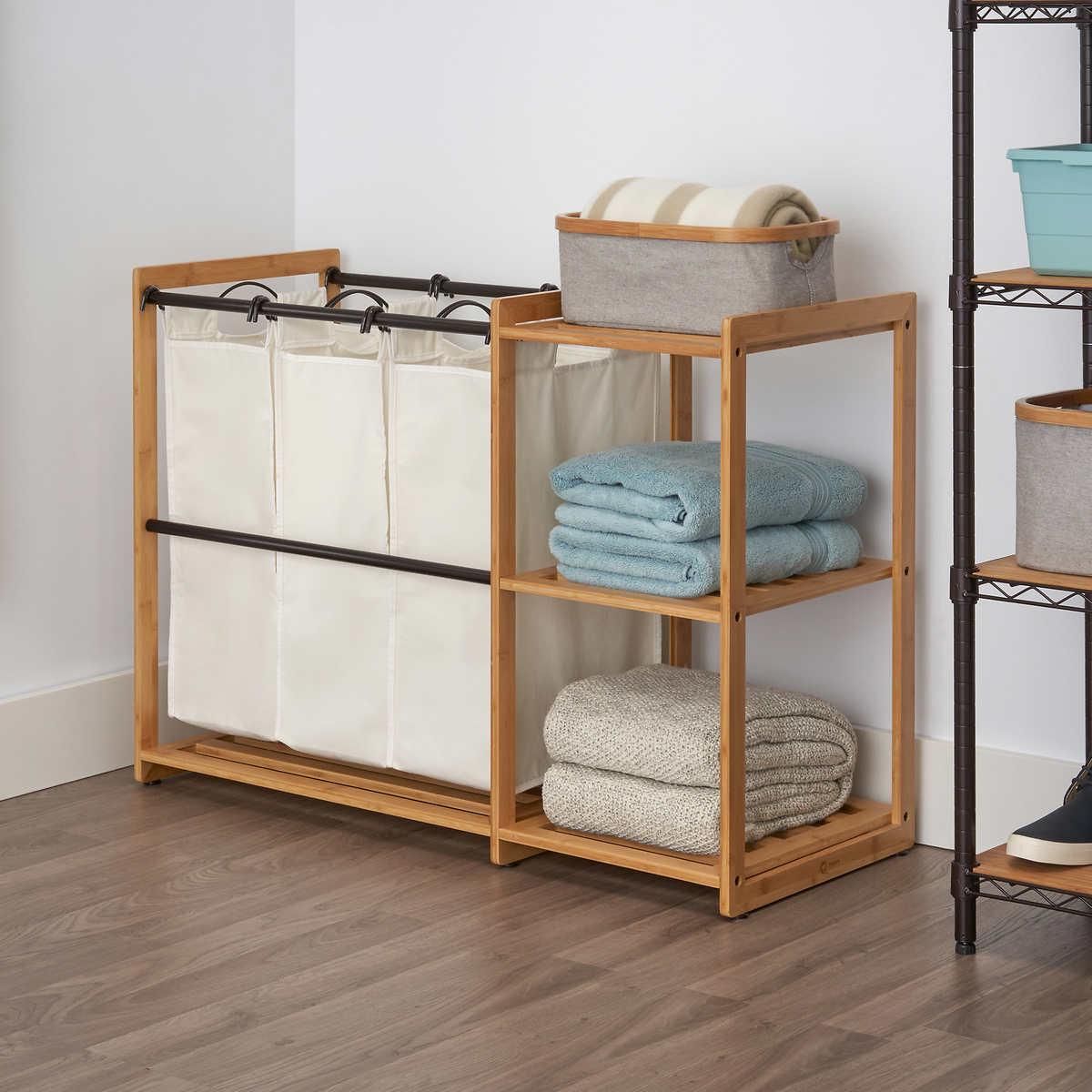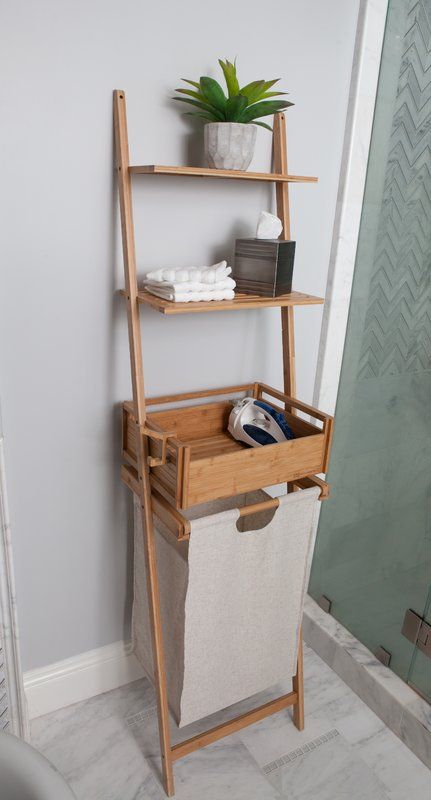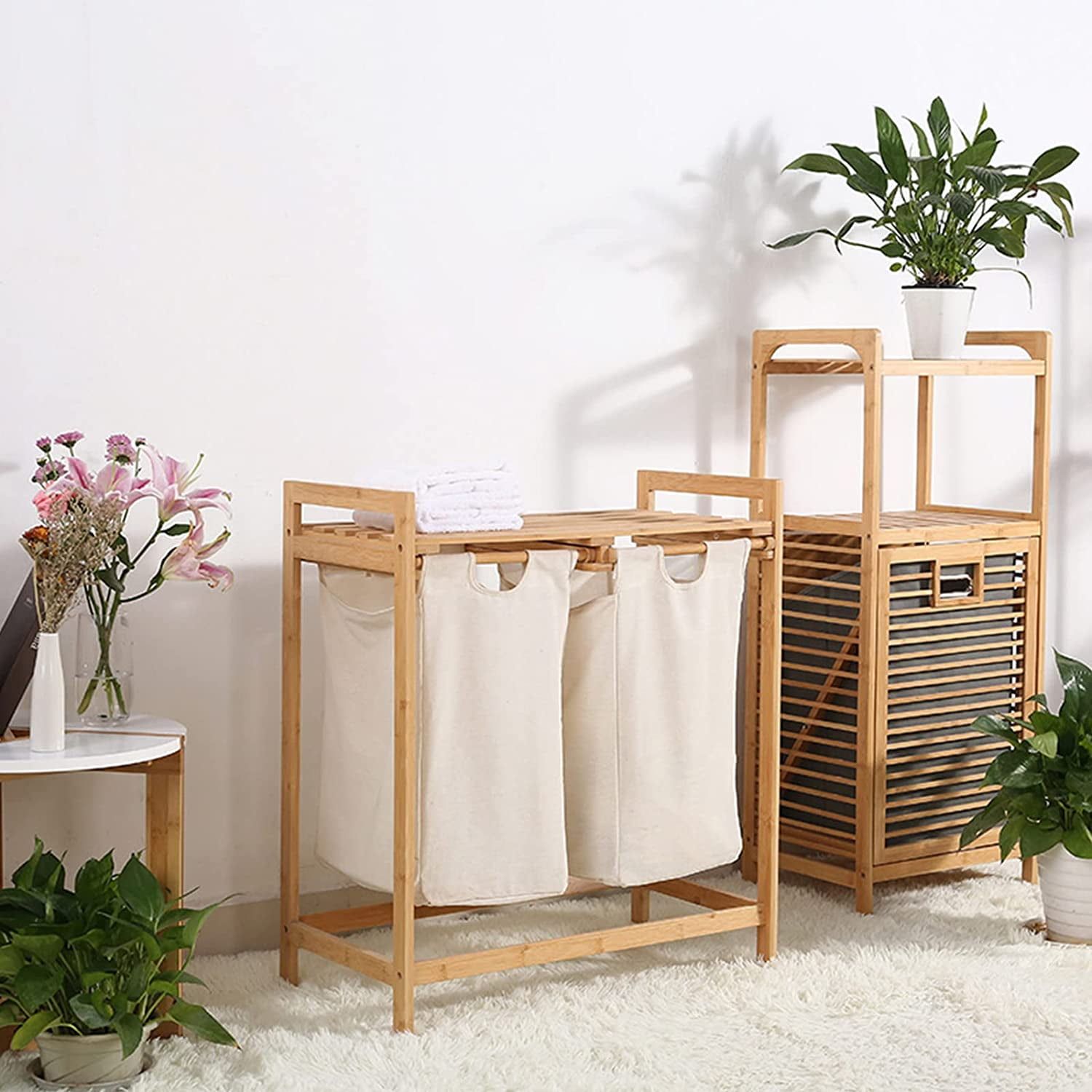Bamboo panels are rapidly gaining popularity as a sustainable and stylish alternative to traditional wood panels. Ideal for both kitchens and bathrooms, these panels offer a blend of durability, aesthetic appeal, and eco-friendliness. Kitchens and bathrooms often require materials that can withstand humidity, spills, and frequent cleaning, making bamboo an attractive choice.
1. Sustainability and Eco-Friendliness
Bamboo is one of the fastest-growing plants, making it a highly renewable resource. It regenerates quickly without the need for replanting, which significantly reduces deforestation compared to hardwood. Using bamboo panels in kitchens and bathrooms aligns with environmentally conscious home renovation trends. It is a biodegradable material and a great option for homeowners who want to minimize their ecological footprint.
Benefits:
- Bamboo grows 10 times faster than traditional hardwood trees.
- Reduces deforestation by offering a renewable alternative.
- Lower carbon footprint in production compared to other materials.
2. Moisture and Humidity Resistance
Kitchens and bathrooms are high-moisture areas, so it’s essential to use materials that can resist damage caused by humidity. Bamboo panels, when properly treated, are highly moisture-resistant and can maintain their structural integrity in damp environments. This feature makes bamboo a durable choice for bathroom walls, shower surrounds, and kitchen backsplashes.
Benefits:
- Treated bamboo resists warping, swelling, and moisture-related damage.
- Ideal for humid and wet areas like kitchens and bathrooms.
- Provides an alternative to costly waterproof materials like tiles.
3. Strength and Durability
Bamboo is naturally strong and can withstand heavy use, which is critical in high-traffic areas like kitchens. It has a higher compressive strength than concrete and brick, making it an excellent option for kitchen countertops and bathroom vanities. Bamboo panels are also scratch-resistant, adding to their durability in spaces where wear and tear are common.
Benefits:
- Stronger than many traditional woods.
- Scratch-resistant surface suitable for high-traffic areas.
- Long-lasting performance with minimal maintenance.
4. Aesthetic Versatility
Bamboo panels add warmth and texture to any room. Their natural grain and light color create a calming, spa-like atmosphere, especially in bathrooms. In kitchens, bamboo panels offer a modern, minimalist appeal that complements various design styles, from rustic to contemporary. Bamboo can be stained or treated to achieve different finishes, giving homeowners flexibility in their design choices.
Benefits:
- Available in various finishes to suit different design styles.
- Adds a natural, warm look to kitchens and bathrooms.
- Complements minimalist, rustic, or modern aesthetics.
5. Cost-Effectiveness
Compared to traditional hardwood or premium tiles, bamboo panels are more affordable, offering homeowners a stylish and functional material without breaking the budget. Bamboo’s durability ensures a long lifespan, making it a cost-effective investment in kitchen and bathroom renovations.
Benefits:
- More affordable than hardwood and premium materials.
- Long-lasting, reducing the need for frequent replacements.
- Low maintenance costs over time.

Bamboo panels are a smart, sustainable choice for kitchens and bathrooms. They offer moisture resistance, durability, and aesthetic versatility, making them perfect for high-use areas. As an eco-friendly material that also happens to be cost-effective, bamboo can elevate the design and functionality of both spaces while aligning with modern green building practices. Whether you’re renovating a bathroom or updating your kitchen, bamboo panels are worth considering.
Post time: Sep-12-2024







